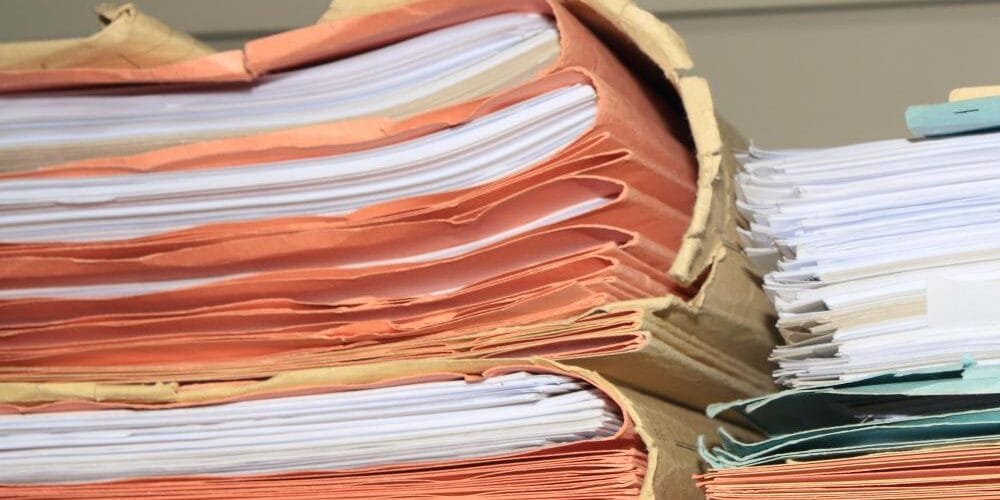Why Court Reporting Mistakes Should Not Be Tolerated and What to Do When You See Them
- February 6, 2024
- Posted by: Jim Van Etten
- Category: Law

When it comes to the legal system, accuracy and attention to detail are of utmost importance. Court reporting plays a crucial role in ensuring that the proceedings are accurately documented. However, court reporting mistakes can occur, and they should not be tolerated. In this article, we will explore the reasons why court reporting mistakes should not be overlooked and what steps you can take when you come across them.
The Importance of Accurate Court Reporting
Accurate court reporting is essential for several reasons. Firstly, it serves as an official record of the proceedings, ensuring that the details are preserved for future reference. This record can be vital in the event of an appeal or when reviewing the case at a later stage.
Secondly, accurate court reporting helps to maintain the integrity of the legal system. It ensures that all parties involved have access to a fair and unbiased account of what transpired during the proceedings. This is especially important for ensuring justice and upholding the rule of law.
Furthermore, court reporting mistakes can have serious consequences. Inaccurate transcripts can lead to misunderstandings, misinterpretations, and even wrongful convictions. They can also result in delays and additional costs as parties may need to request corrections or clarifications.
Common Court Reporting Mistakes
While court reporters are highly skilled professionals, they are still susceptible to making mistakes. Some common court reporting mistakes include:
- Mishearing or Misinterpreting: Court reporters may mishear or misinterpret words or phrases, leading to inaccuracies in the transcript.
- Omissions or Incomplete Transcripts: Court reporters may accidentally omit or miss portions of the proceedings, resulting in an incomplete record.
- Misspellings or Grammatical Errors: Court reporters may make spelling or grammatical errors, which can impact the clarity and accuracy of the transcript.
- Technical Issues: Technical issues with recording equipment or software can also contribute to court reporting mistakes.
What to Do When You Spot Court Reporting Mistakes
If you come across court reporting mistakes, it is important to take appropriate action. Here are some steps you can follow:
- Notify the Relevant Parties: Inform the relevant parties, such as the court clerk, the attorneys involved, or the judge, about the mistakes you have identified. Provide them with specific details and evidence to support your claim.
- Request Corrections: Request that the court reporter make the necessary corrections to the transcript. This can be done through a formal request to the court or by contacting the court reporting agency responsible for the transcription.
- Seek Legal Advice: If the court reporting mistakes have significant implications for the case, it may be advisable to seek legal advice. An attorney can guide you on the best course of action to address the issue effectively.
- ****Document the Mistakes****: Keep a record of the court reporting mistakes you have identified, including dates, times, and specific details. This documentation can be valuable if further action needs to be taken.
- Advocate for Improvement: Use your experience to advocate for improvements in court reporting practices. Raise awareness about the importance of accuracy and suggest measures to prevent similar mistakes from occurring in the future.
Conclusion
Court reporting mistakes should not be taken lightly. The accuracy and integrity of court transcripts are crucial for the proper functioning of the legal system. If you come across court reporting mistakes, it is essential to take action and ensure that corrections are made. By doing so, you contribute to upholding justice and maintaining the credibility of the legal process.
